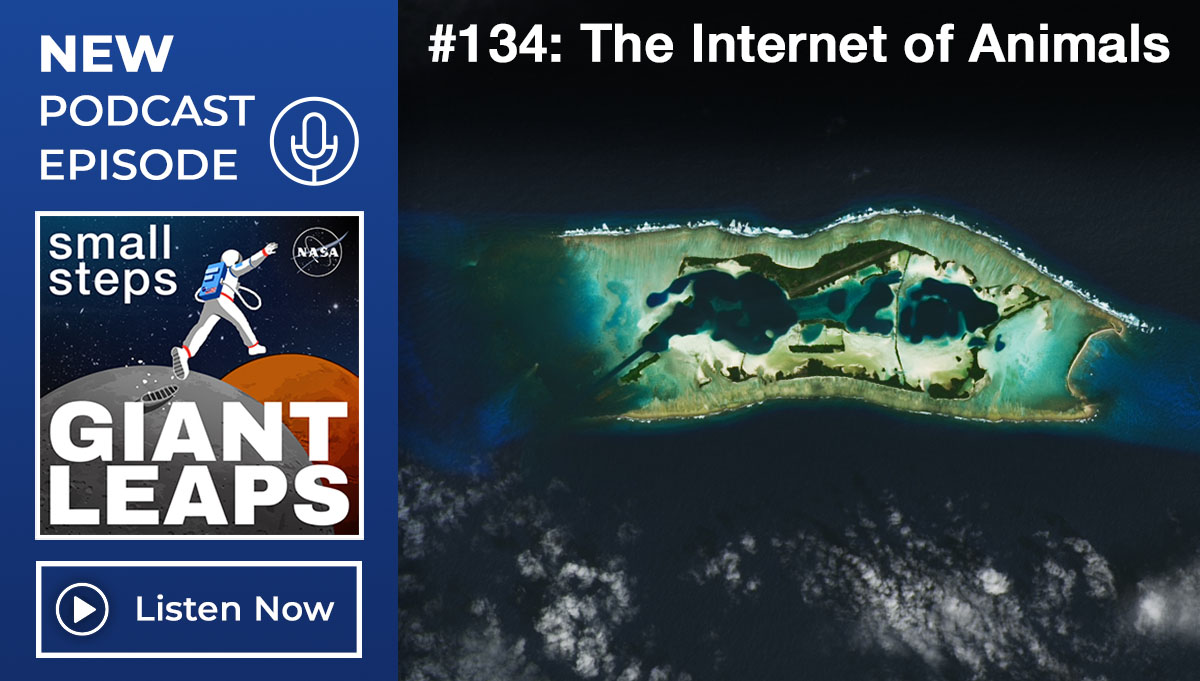ASK OCE — August 17, 2006 — Vol. 1, Issue 12
In the early 1970s, there were a number of challenges involved in bringing the new and complex Space Shuttle program on line. None loomed larger, however, than the ultimate decision by the program team to launch STS-1 with a human crew on board rather than flying an unmanned Shuttle mission first.
As the newly minted manager of the Space Shuttle Orbiter, Aaron Cohen was at the center of this unprecedented decision. In a 1998 interview with Johnson Space Center’s Oral History Project, Cohen recounted the debate, which came in the wake of severe first-year program budget cuts from $140 million to $70 million.
It was a question, Cohen said, that “was debated hot and heavy and long and furious” in the Johnson Space Center (JSC) engineering and project management communities. History weighed decidedly against such a decision; it had simply never been done before. Prior to STS-1, unmanned flights had always occurred prior to manned missions. What tipped the scales for Cohen and his colleagues in favor of the manned mission was their judgment that the human element itself was an indispensable component of a successful mission.
“We could not do a reliable unmanned mission because the man was too much a significant part of the system,” said Cohen. Looking back in 1998, he said that robotic Shuttle missions would easily be possible because the manned mission showed that “we know what the man has to do.”
Though the decision represented a new — some might say radical — paradigm shift, it met almost unanimous agreement at JSC, according to Cohen. He recalled that when STS-1 touched down, JSC Director Chris Craft said over the microphone, “We’re infinitely smarter today.”
In Cohen’s estimation, the decision to launch STS-1 manned rather than unmanned did make the team infinitely smarter, though it turned out to be one of the most difficult project management challenges of his storied career.
Before his work on the Shuttle program, Cohen was the Command and Service Module Project Manager for Apollo missions 13 through 17. After STS-1, he went on to serve as Director of JSC in 1986 and Acting Deputy NASA Administrator in 1992 before retiring from the Agency to join the faculty at Texas A&M University.
In This Issue
Message from the Chief Engineer
Leadership Corner: Why Should Anyone Be Led by You?
This Week in NASA History: Voyagers 1 and 2 Embark on Planetary Grand Tour
The SEED Program: Systems Engineer Development at GSFC
Understanding Near-Misses at NASA
Manned or Unmanned?: That Was the Question for STS-1 Project Managers
India/U.S. Collaboration: Unmanned Lunar Exploration Mission
Archimedes Archive: The Electrical Power System of the Panama Canal





